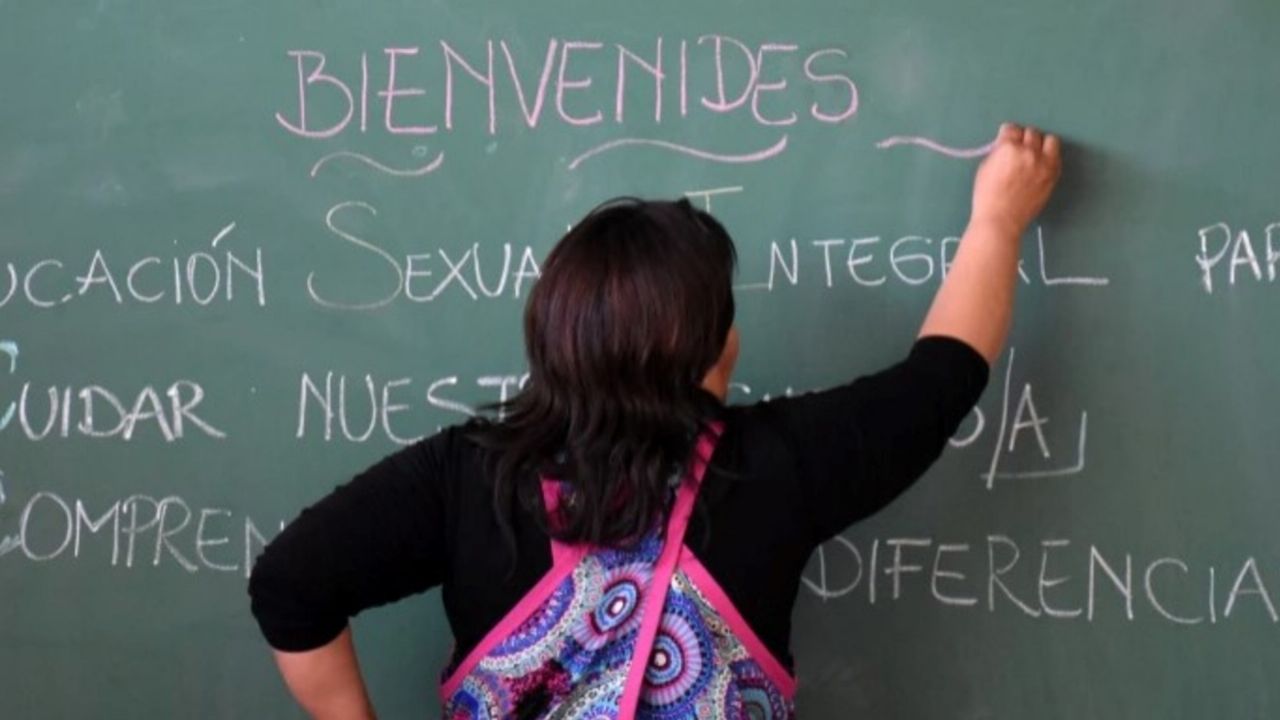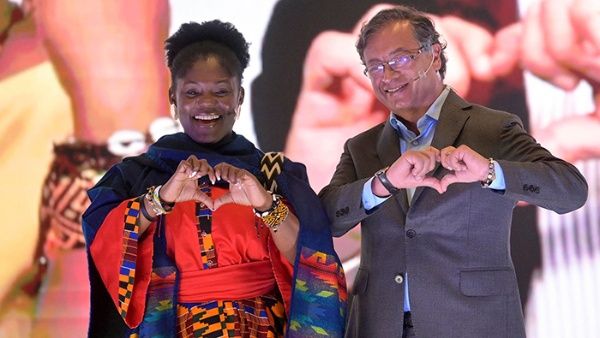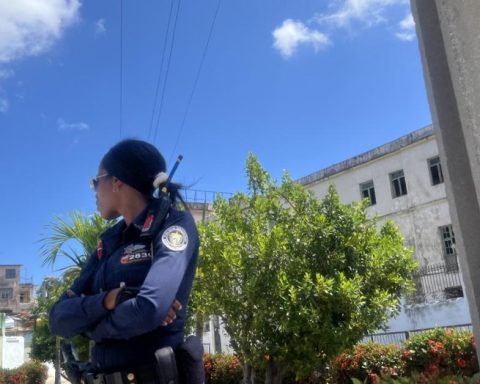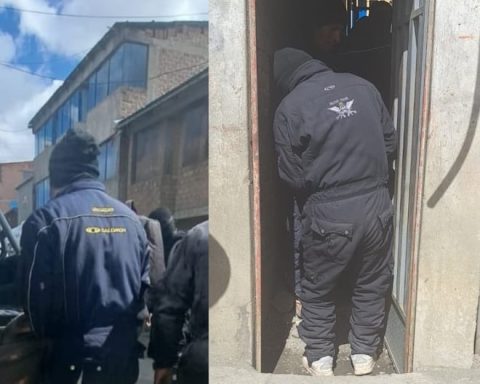This Friday, in the 1st Court in Administrative and Tax Litigation, in charge of Judge Romina Tesone, the second hearing will be held to revoke the measure of the Buenos Aires Government to prohibit the inclusive language in the schools.
The first was held on July 13, after different organizations filed an injunction with the courts to demand that the decision to ban the use of the inclusive languagesince not allowing this communication way represents a violation of fundamental rights.
The hearing will be held at 10:30 a.m. and those who presented the amparos against the prohibition of the use of the inclusive languagesince they must present their arguments against the measure and support how their rights are affected and violated.
In this regard, Celeste Fierro, an MST referent in dialogue with Telam, stated: “we hope, after the first hearing we had almost a month ago, that progress can be made so that the injunction becomes effectiveat least, until the substantive resolution is in place, so that there are no sanctions on teaching that uses the inclusive language“.

And he added: “we propose that there can be no prohibition, everyone can speak as they want and, fundamentally, this resolution goes against the National Law on Gender Identity and violates fundamental rights such as freedom of expression.”
It is expected that the hearing will also be attended by the Buenos Aires legislators of the Frente de Todos Laura Velasco and María Bielli, who also filed an amparo action before the justice system against the measure.

While justice resolves the case, the organizations also requested that the ban be interrupted until the legal case is resolvedsince the measure came into force as soon as it was announced.
What happened at the first hearing
During the first hearing, both the representatives of the Ministry of Education of the City and the references of the LGBT organizations that presented the amparo were summoned.

There, both parties presented their positions on the prohibition of expressions as the “e”, the “x” or the “@” in official and academic communications in schools. Now, after listening to those involved again, in individual hearings, the judge must make a decision on the matter.
















